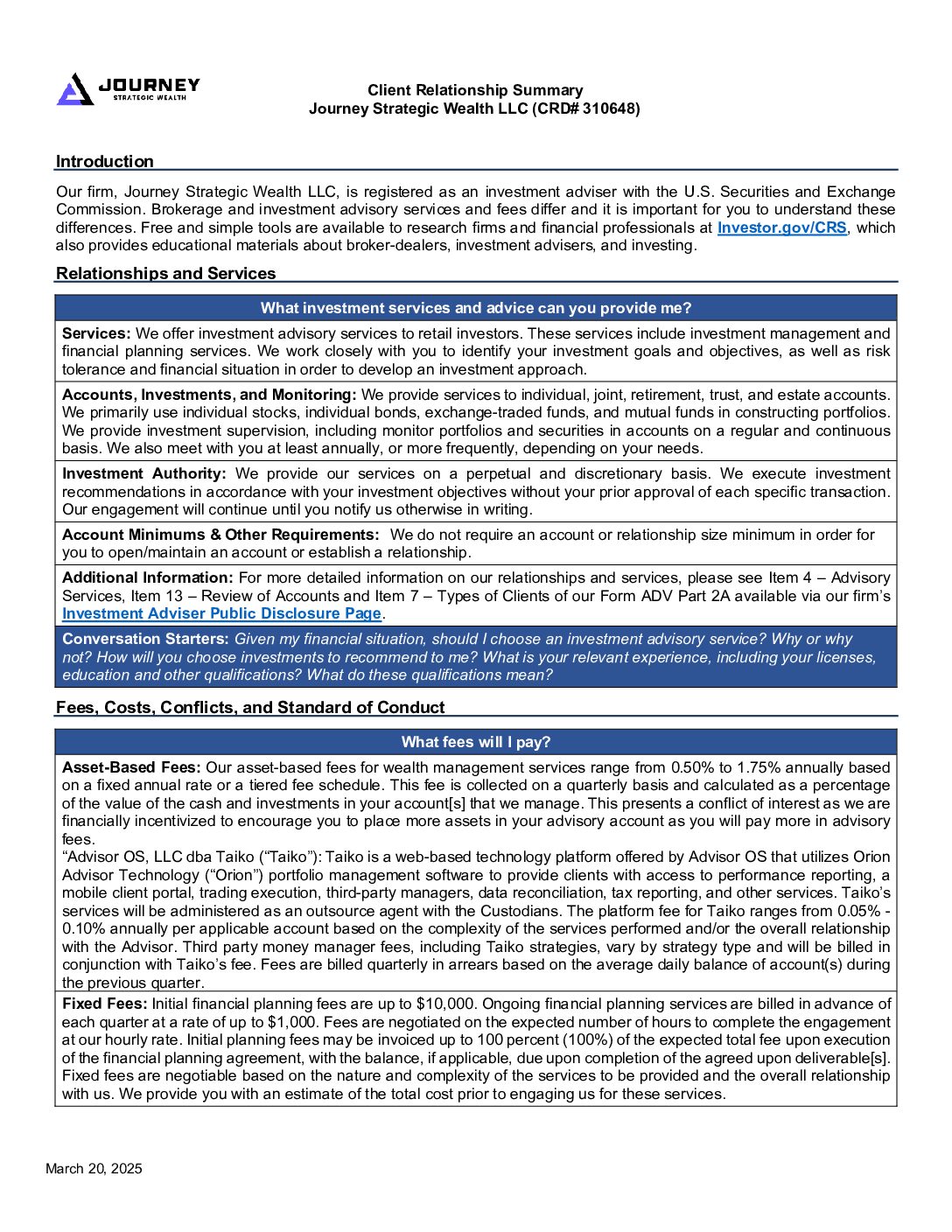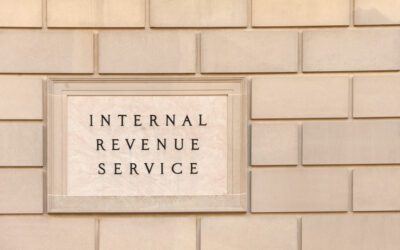The Forced Sale: Why Your Illiquid Estate Could Cost Your Family Everything
There’s a common misconception that being wealthy on paper means having cash on hand. This is why so many high-net-worth estates are “asset-rich, cash-poor,” with significant wealth tied up in illiquid assets.
Imagine you’ve passed away, and your estate holds millions in a family business, a cherished vacation home, or a concentrated stock position. Your executor, now responsible for settling your affairs, discovers a sizable estate tax bill due in a mere nine months. Alongside that are administrative costs, legal fees, and outstanding debts.
The problem? There isn’t enough cash in the estate to cover these immediate obligations.
This is where the nightmare begins. To pay the necessary bills, your executor may be compelled to sell off valuable assets, often under immense pressure and potentially below their true market value. More than just a financial hit, this represents a potential erosion of the legacy you intended, transforming hard-earned assets into a forced liquidation just to satisfy a tax obligation.
The Cornerstones of the Liquidity Gap
Understanding where the problem originates is the first step toward preventing it.
- The Immovable Tax Burden: State and federal estate taxes can represent a substantial percentage of your total estate’s value. These are fixed liabilities with strict payment deadlines.
- Mounting Estate Expenses: Beyond taxes, an estate incurs a range of costs, including legal fees for probate, accounting services, appraisal costs, and any remaining debts you may have. These require cash, not just paper wealth.
- The Challenge of Illiquid Assets: Many high-net-worth individuals hold significant wealth in assets that are not easily or quickly converted into cash without substantial loss. These often include private business interests, commercial or unique real estate, art collections, or concentrated stock positions.
Closing Your Estate’s Liquidity Gap
With foresight and strategic planning, you can shield your family from the harsh realities of a forced sale. Consider:
- Life Insurance: One of the most effective tools for solving an estate liquidity problem is a properly structured life insurance policy. Upon your passing, the death benefit can provide immediate, tax-free cash. To keep these funds outside of your taxable estate, the policy is often held within an Irrevocable Life Insurance Trust (ILIT).
- Liquidity Reserve: For those with larger or exceptionally complex estates, designating a specific portion of your portfolio as an “estate emergency fund” can be a smart strategic move. This means holding certain assets in easily accessible forms, such as cash, money market funds, and short-term, highly liquid investments. The dedicated reserve ensures that a ready source of funds exists, preventing the need to disturb growth-oriented assets or make distressed sales.
- Debt and Tax Planning: Working closely with an estate planning attorney and a financial advisor allows for a precise estimation of your estate’s potential tax liability and outstanding debts. In specific scenarios involving illiquid estates, certain provisions within the tax code may offer deferral options. For instance, Internal Revenue Code Section 6166 allows for an extension of time to pay estate taxes attributable to interests in closely held businesses.
These complex deferral mechanisms don’t eliminate the tax, but they can create a vital time cushion allowing your executor to arrange for the sale of assets under more favorable conditions, rather than a rushed, pressured liquidation.
The Risk of Inaction & Ongoing Oversight
Effective estate planning goes beyond financial instruments and should include things like:
- Family Communication: Transparent family conversations create a shared understanding of financial situations, fostering proactive problem-solving and collaborative planning. When heirs understand the nuances of the estate plan, they are better equipped to support the executor and avoid disputes during an already stressful time.
- Continuous Review: An estate plan crafted years ago might not align with your current financial reality, new tax laws, or family dynamics. Regular reviews with your financial advisor help identify outdated documents, prevent unintended tax consequences, and ensure proper ownership designations.
Don’t Leave Your Family to Manage a Forced Sale
Your legacy deserves to be protected, not compromised by a lack of liquidity. Ignoring the “cash-poor” reality of an “asset-rich” estate is a gamble with your family’s future and the very assets you worked so hard to accumulate.
Reach out to our team today to stress-test your current estate liquidity plan and ensure your legacy is truly secure.
This material is distributed for informational purposes only. Investment Advisory services offered through Journey Strategic Wealth, a registered investment adviser registered with the U.S. Securities and Exchange Commission (“SEC”). The views expressed are for informational purposes only and do not take into account any individual’s personal, financial, or tax considerations. Opinions expressed are subject to change without notice and are not intended as investment advice. Past performance is no guarantee of future results. Please see Journey Strategic Wealth’s Form ADV Part 2A and Form CRS for additional information.
Securities offered through Purshe Kaplan Sterling Investments, Member FINRA/SIPC, Headquartered at 80 State Street, Albany NY 12207. Purshe Kaplan Sterling Investments and Journey Strategic Wealth are not affiliated companies. Not FDIC Insured. Not Bank Guaranteed. May lose value including loss of principal. Not insured by any state or federal agency.


























